The Importance of Life-Saving CPR (cardiopulmonary resuscitation)in Case of Cardiac Arrest
The Importance of Life-Saving CPR in the Case of Cardiac Arrest cannot be overstated, as it is a crucial skill that can mean the difference between life and death. Cardiac arrest is a sudden, life-threatening event that can strike anyone, at any time. When the heart unexpectedly stops beating, it interrupts the blood flow to the brain and other vital organs, leading to death within minutes if not treated promptly. This is why CPR, or cardiopulmonary resuscitation, is such a critical life-saving tool. By learning how to perform CPR, you can significantly improve the chances of survival for someone experiencing cardiac arrest.
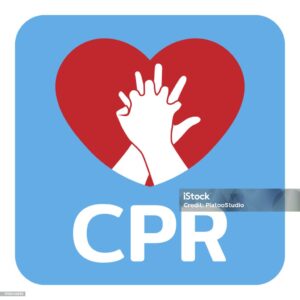
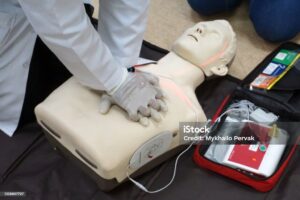
Chest compressions by a student on a simulation dummy during basic life support with an automatic external defibrillator. Simulation training scenario
What Is life saving CPR(cardiopulmonary resuscitation)?
CPR is an emergency procedure that involves chest compressions and, in some cases, rescue breaths, to manually circulate blood to vital organs. The main goal of CPR is to maintain blood flow and oxygen delivery to the brain and heart until professional medical help arrives. By providing oxygen and keeping the blood moving, CPR helps to prevent brain damage and organ failure.
Why Is CPR (cardiopulmonary resuscitation) Important in Cardiac Arrest?
- Immediate Action Can Save Lives
During cardiac arrest, every second counts. For every minute without CPR, the chances of survival decrease by 7-10%. Immediate CPR can double or even triple the chance of survival. Without it, permanent brain damage or death can occur in as little as 4 to 6 minutes. By performing CPR, you are bridging the time gap between cardiac arrest and the arrival of medical professionals. - CPR Maintains Vital Organ Function
The brain is incredibly sensitive to a lack of oxygen. When the heart stops beating, oxygenated blood no longer reaches the brain. CPR helps circulate blood, maintaining critical oxygen delivery to the brain and other organs, reducing the likelihood of permanent damage. - Increases Effectiveness of Defibrillation
In many cases, cardiac arrest is caused by an abnormal heart rhythm, known as ventricular fibrillation. This can be corrected by using a defibrillator, a device that delivers an electric shock to restore a normal heartbeat. However, CPR keeps the blood flowing while the defibrillator is being set up, increasing the likelihood that the shock will be effective. - CPR Can Be Performed by Anyone
One of the greatest advantages of CPR is that anyone, trained or untrained, can perform hands-only CPR in an emergency. The basic technique involves using only chest compressions without rescue breaths, making it easier for bystanders to respond quickly in a crisis. Immediate intervention by a layperson can make the difference between life and death. - Every Community Benefits from CPR Knowledge
Widespread CPR training equips individuals in every community to respond to cardiac emergencies. Knowing how to perform CPR increases the likelihood that help will be available before emergency medical services arrive, especially in rural or remote areas where response times may be longer. Public places like schools, airports, and malls increasingly promote CPR training, which helps make communities safer.
How to Perform Hands-Only CPR in case of cardiac arrest
Here’s a simple guide to performing hands-only CPR:
- Check for responsiveness.
Shake the person and shout, “Are you okay?” If they don’t respond and are not breathing or breathing abnormally, it’s time to act. - Call for help.
Dial emergency services (e.g., 911) immediately or ask someone else to make the call. - Start chest compressions.
- Place your hands, one on top of the other, in the center of the person’s chest.
- Push hard and fast, compressing the chest at least 2 inches deep at a rate of 100-120 compressions per minute (think of the rhythm of the song “Stayin’ Alive”).
- Continue chest compressions until emergency help arrives or an automated external defibrillator (AED) is available.
Final Thoughts on the Importance of Life-Saving CPR in Case of Cardiac Arrest
CPR is a simple, yet powerful skill that can save lives during cardiac arrest. Whether you are a healthcare professional or a concerned citizen, learning CPR is one of the most important actions you can take to prepare for emergencies. The sooner CPR is started, the better the chances of survival and recovery. Take the time to learn and share CPR skills with your community—because in a moment of crisis, you could be the one who saves a life.
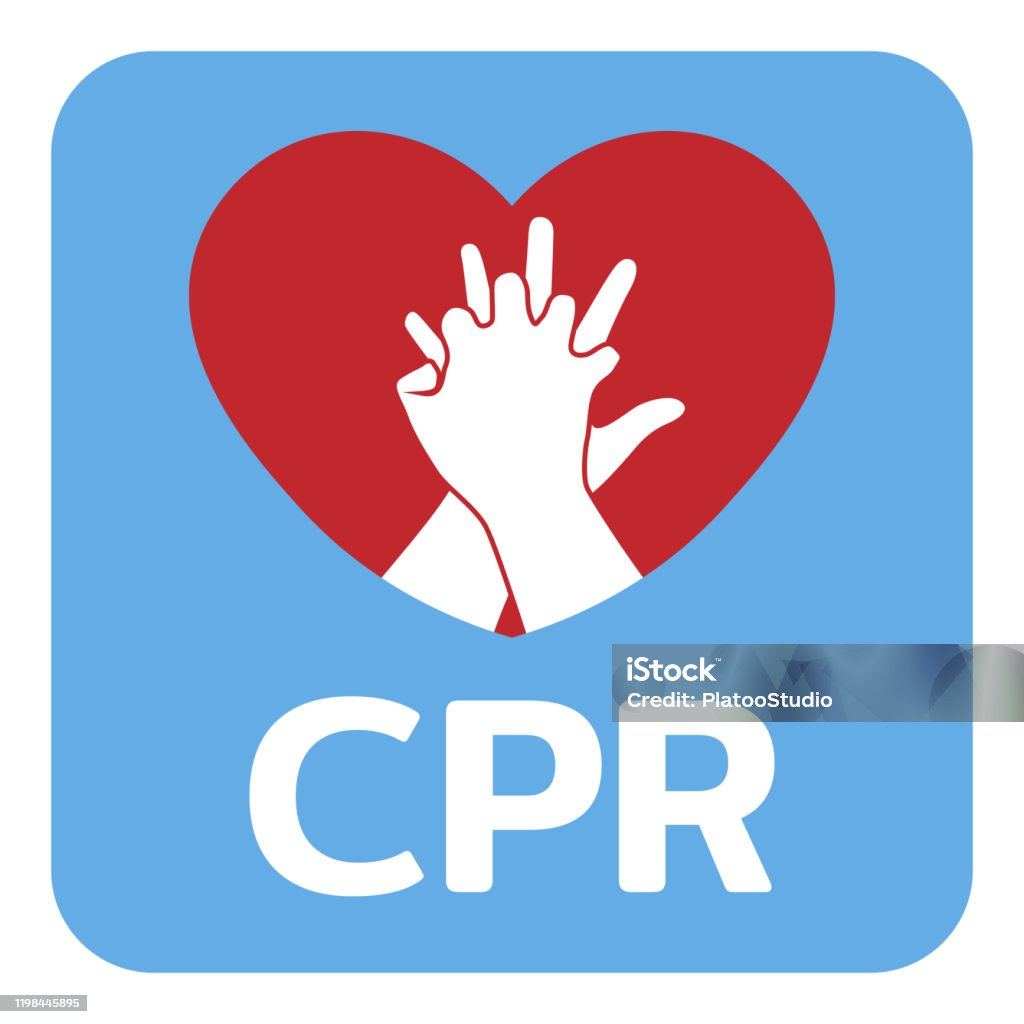


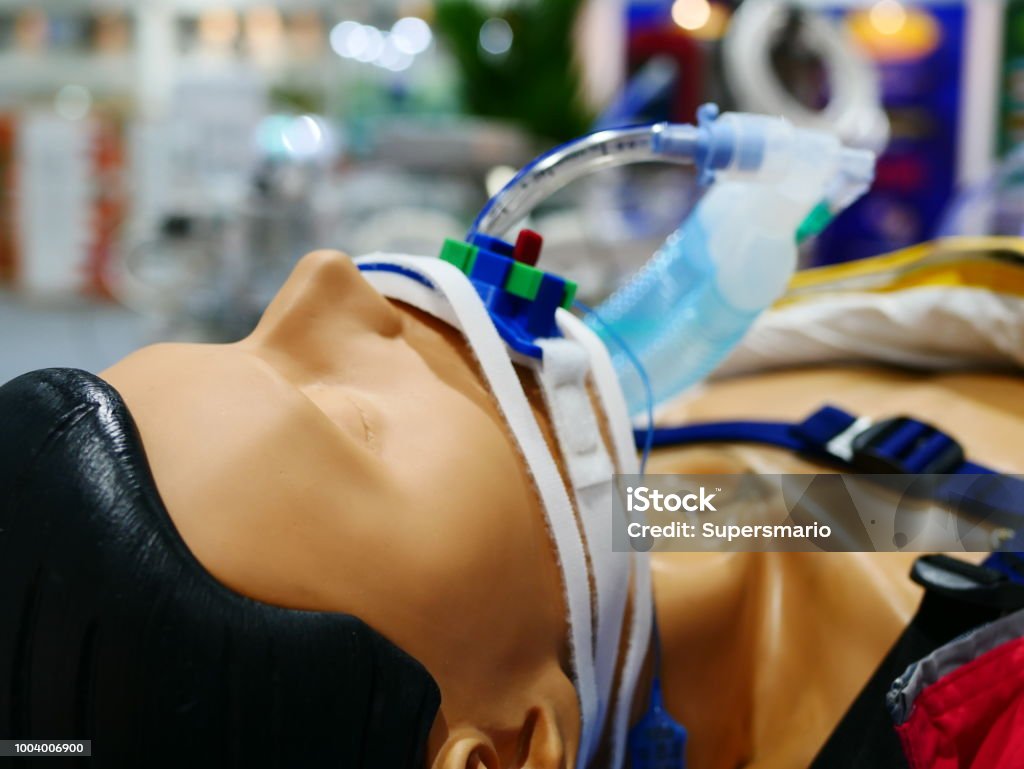
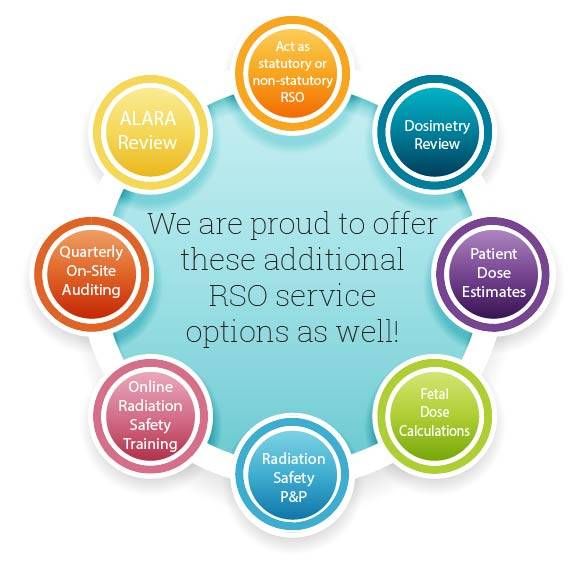

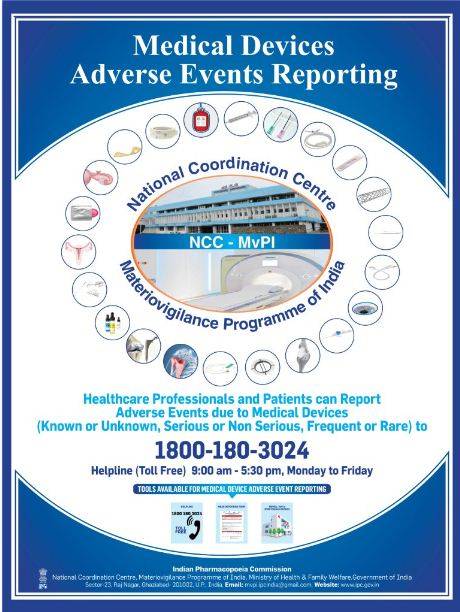

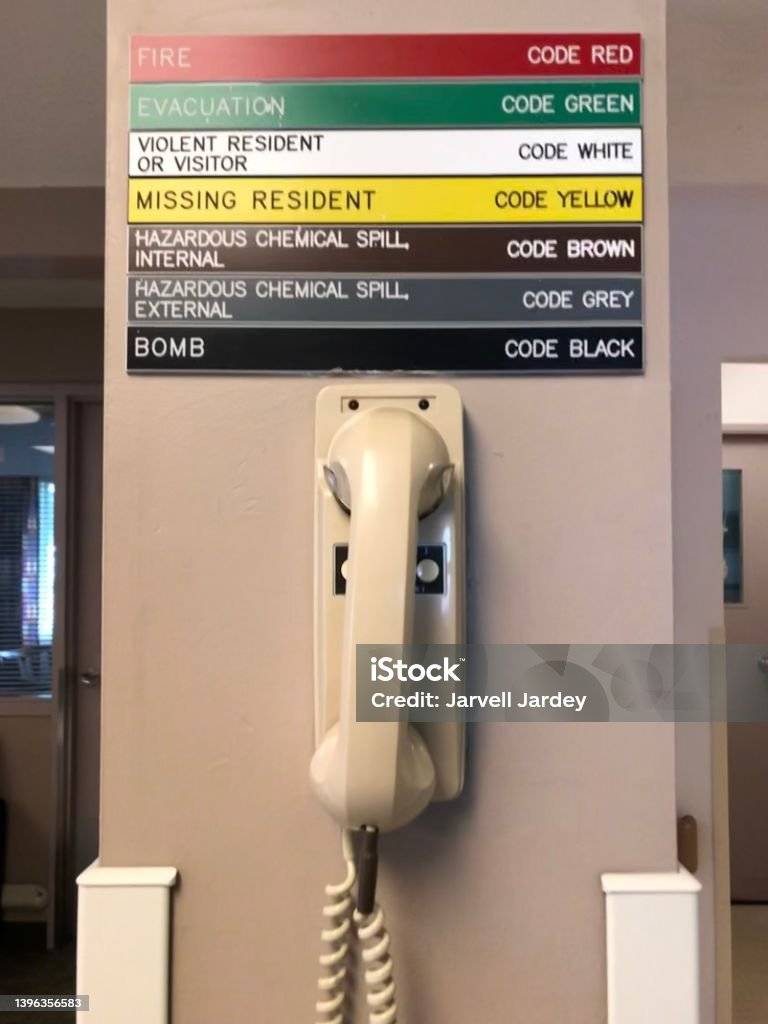
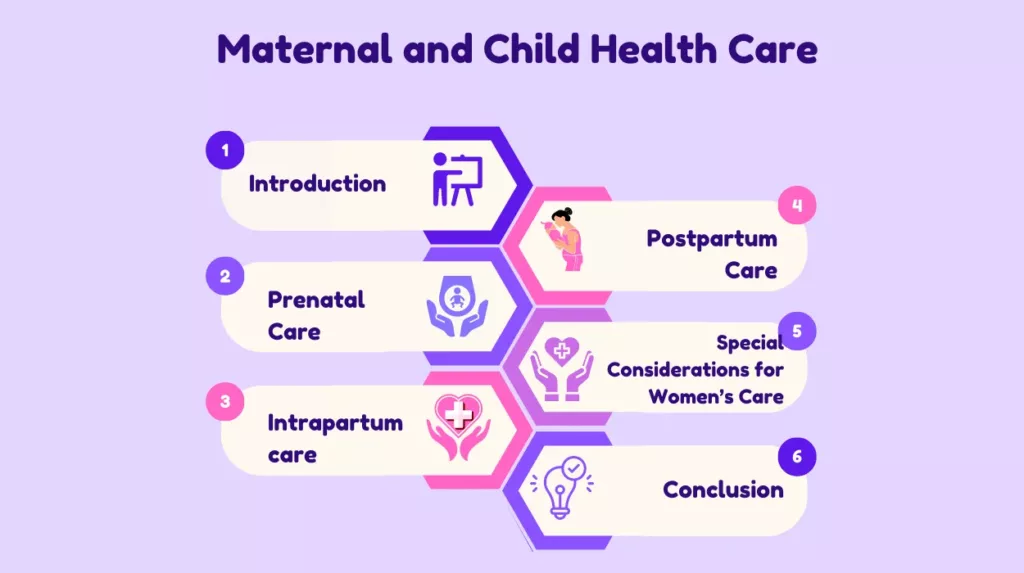

Leave a Reply